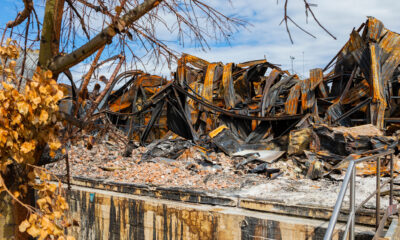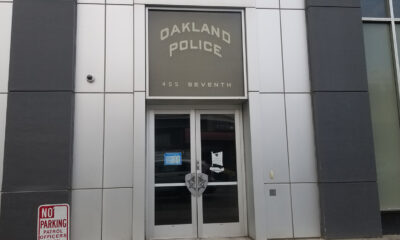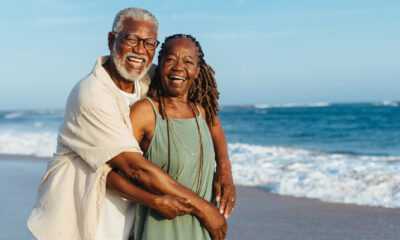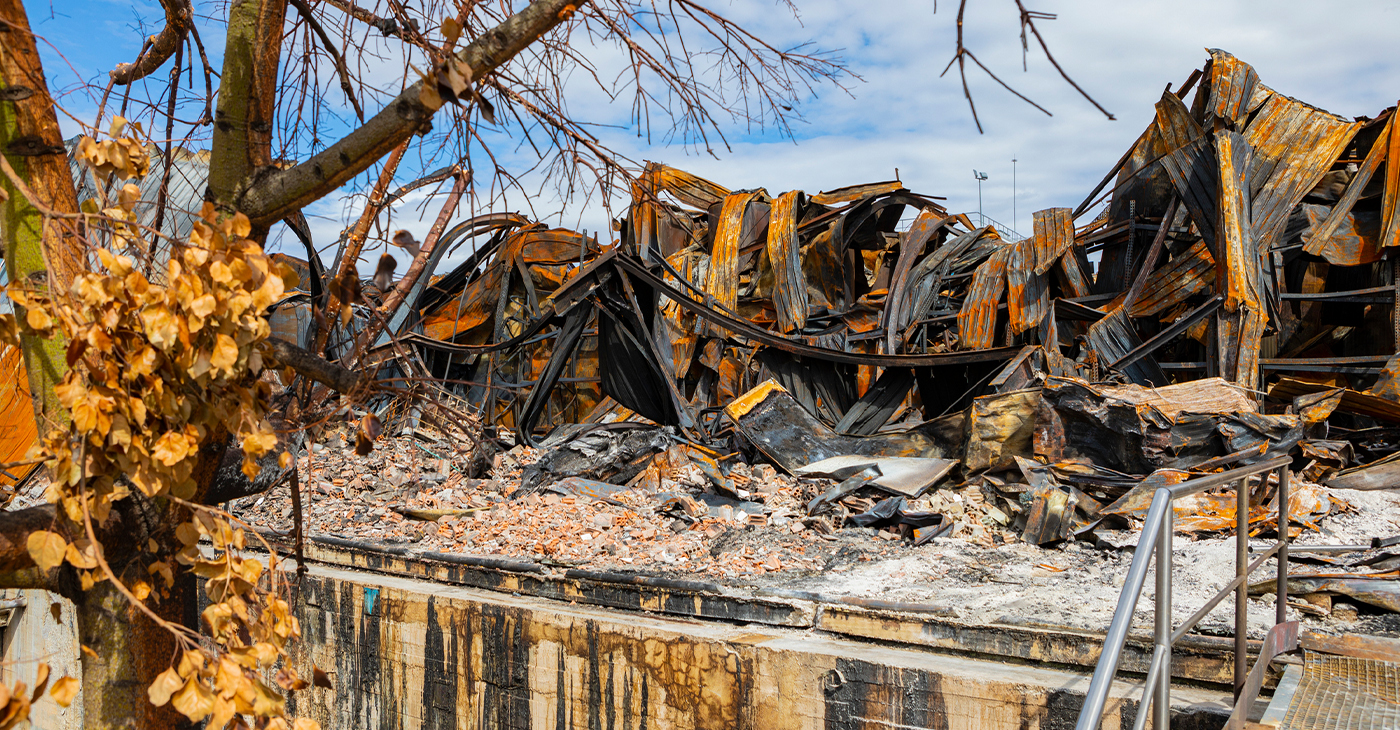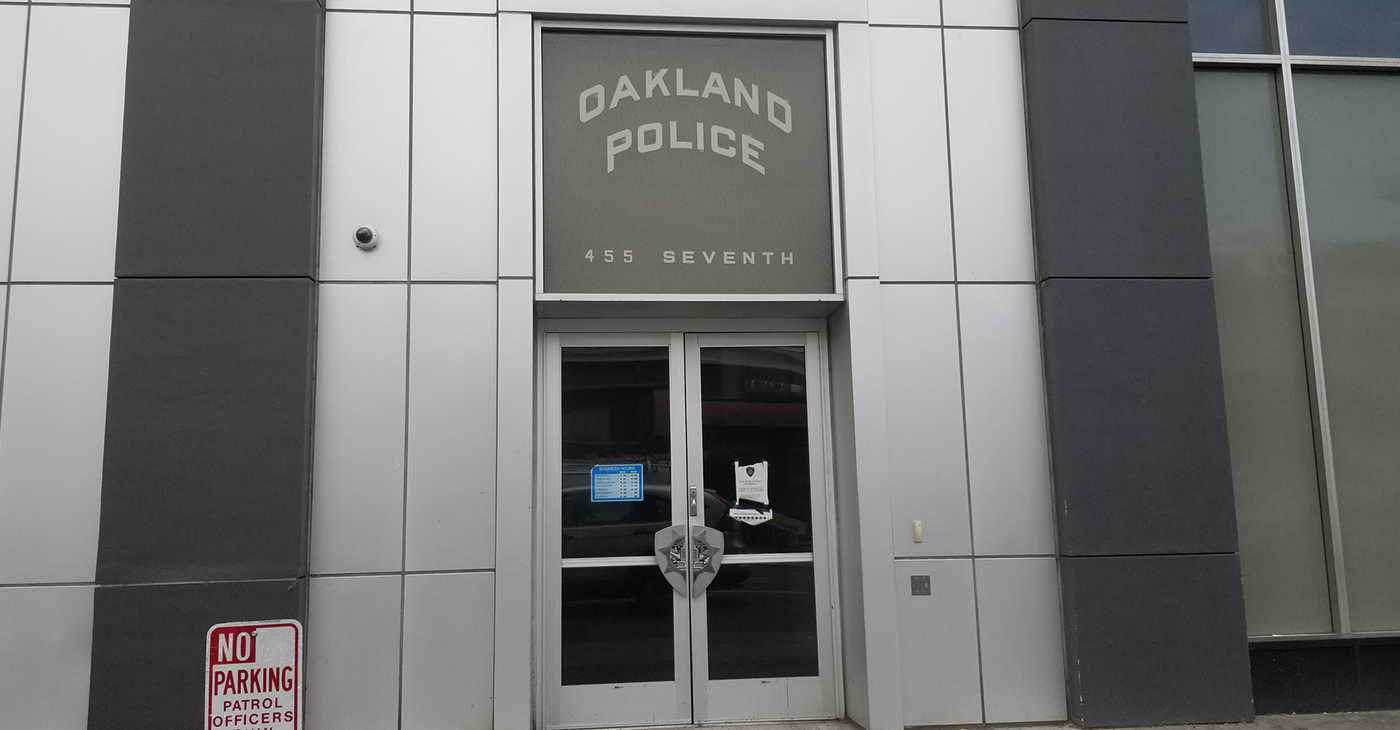By Sunita Sohrabji, EMS
Special California Black Media
Voting and elections have become the targets of threats and intimidation as the nation faces a proliferation of guns, more frequent gun violence, and fewer legal protections, noted Brennan Center for Justice and the Giffords Law Center to Prevent Gun Violence in a report released this week.
The proliferation of guns in American homes has increased dramatically since 2008, when the Supreme Court ruled for the first time that the Second Amendment allows U.S. residents to possess an operable handgun in the home for self-defense.
“This was a considerable change from what the court had long held, which was that possessing a firearm had to be related to militia service,” Robyn Sanders, counsel for the Voting Rights and Election Reform Democracy Project at the Brennan Center, told Ethnic Media Services.
The Supreme Court did caution that the rights secured by the Second Amendment are not unlimited; it identified laws that would forbid firearms in sensitive places, such as schools and government buildings. “And so there, while the Supreme Court handed down what was a dramatic decision at that time, it did specify that regulations are still permissible in places that are sensitive,” said Sanders, who co-authored the report.
But the Supreme Court further weakened gun restrictions last year in its ruling on the New York State Rifle & Pistol Association, Inc. vs. Bruen case. The opinion, written by Justice Clarence Thomas, stated that the American public has the right to carry guns in public for self-defense, and that states cannot require applicants to demonstrate a need for owning a gun.
“The decision in Bruen has invited more legal challenges to gun regulations. But the court also explicitly states that sensitive places are places where states can regulate where guns can be carried, and they were unequivocal about polling locations being one of those,” said Sanders.
In a Sept. 20 interview with EMS, Sanders discussed the threat gun violence poses for U.S. elections. “We believe this report served a significant purpose in alerting states that there are ways that they could help to maintain the confidence that voters historically had in our elections as being safe and secure from violence and intimidation,” she said.
Excerpts of Conversation with Sanders:
What types of justifications are states using to allow concealed guns at polling sites and drop-off boxes?
The Supreme Court was unequivocal in its decision in Bruen that prohibiting firearms in polling places is constitutional. And so, while I can’t speak for why states have not filled the voids that we recognize in our report, what I can say is that we are offering policy proposals for states to enact laws that would better protect voters and election officials and workers from threats and help voters and the public remain confident that our elections will continue to be by and large peaceful.
Older adults traditionally account for the majority of election workers. Have you seen a drop-off of older adults choosing to work at the polls, given the uncertainty of protection from violence at those sites?
We were experiencing a global pandemic in 2020. And so there was a downturn in retired or elderly folks serving as election workers due to the vulnerabilities related with COVID -19.
Compared to anything prior, there was dramatically more harassment and threats lodged at election officials and poll workers over the last two election cycles. Poll workers have reported experiences of harassment and threats of abuse in recent years.
Are election workers of color more likely to face harassment, violence and intimidation?
We found that election officials serving what’s known as majority minority jurisdictions were more likely than election officials overall to report having been threatened, having been harassed or abused because of their job. And they were also considerably more likely to be concerned about being assaulted.
This is alarming, it’s concerning, and it’s unacceptable in a democracy.
One out of every 3 election workers have reported harassment or threats, according to the report.
As a result of the shifts in how our electoral process was being carried out, we started to observe trends in elected leaders and others who were spreading disinformation and misinformation about our elections as it relates to various methods of voting, including voting by mail and the use of drop boxes as a result of the uptick in mail voting.
And so based on that climate, we started to see an increase in threats and intimidation and threats of violence being lodged at election workers and officials.
Could you talk about some of your policy recommendations?
One of the key findings in our report is that only 12 states and Washington, D.C. have laws prohibiting open carry and concealed carry at polling places. And even fewer states have laws that prohibit guns where other sensitive election activity occurs drop boxes as well as places like election counting facilities.
And while it is illegal to intimidate voters in all 50 states, neither federal law nor any state law explicitly acknowledges that guns in or around places where people are engaged in voting or conducting election activity can constitute illegal intimidation.
In our report, we offer two main policy proposals. One: we recommend that states enact laws to prohibit guns at and around all sites of voting and vote counting. And we recommend that states strengthen their laws, protecting voters and election workers and officials from intimidation and violence, but explicitly addressing the void that is currently present and addressing the intimidating effect of guns.
I would reiterate to voters that — because our elections have remained by and large peaceful — the proposals that we offer in our report are simply action items that states can take to further strengthen legal protections that are already in place.
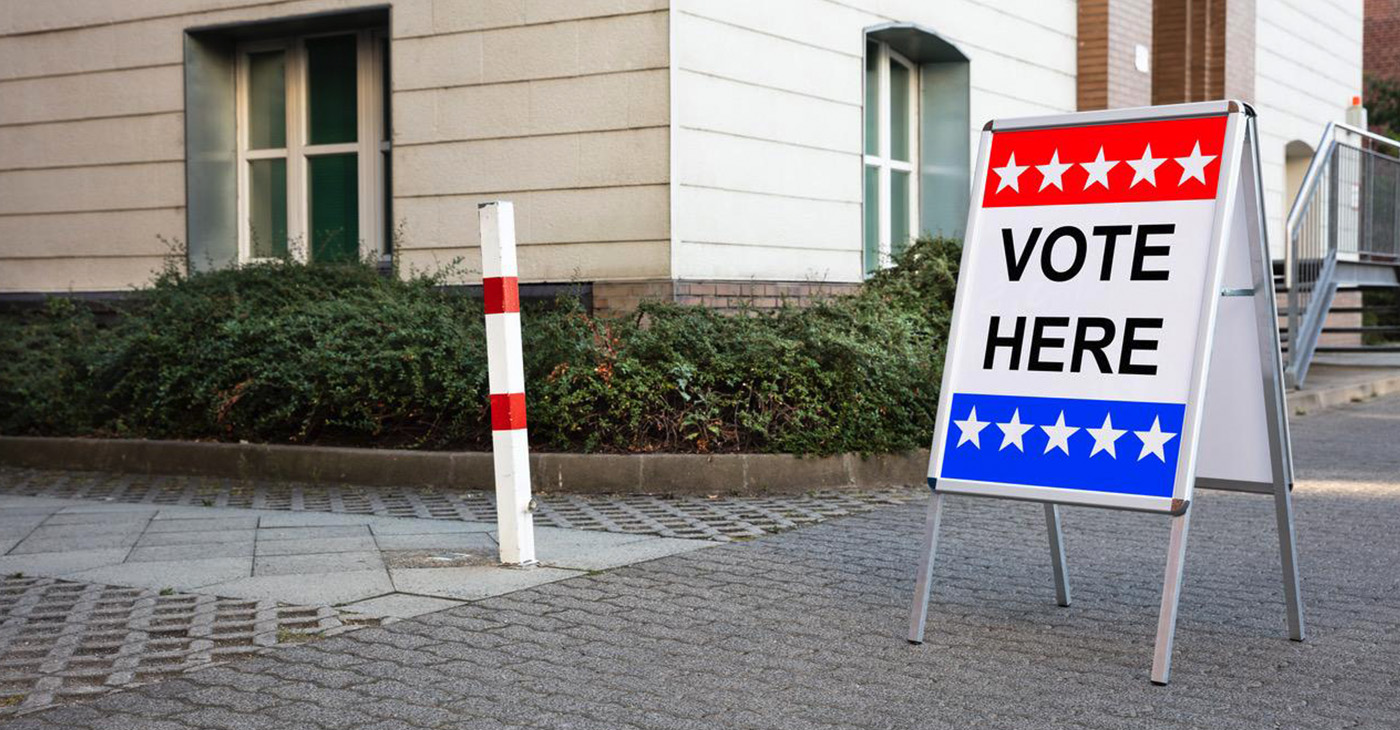

 Activism3 weeks ago
Activism3 weeks ago
 Activism3 weeks ago
Activism3 weeks ago
 Activism2 weeks ago
Activism2 weeks ago
 Business2 weeks ago
Business2 weeks ago
 Activism2 weeks ago
Activism2 weeks ago
 Activism2 weeks ago
Activism2 weeks ago
 Activism3 weeks ago
Activism3 weeks ago
 Activism2 weeks ago
Activism2 weeks ago

